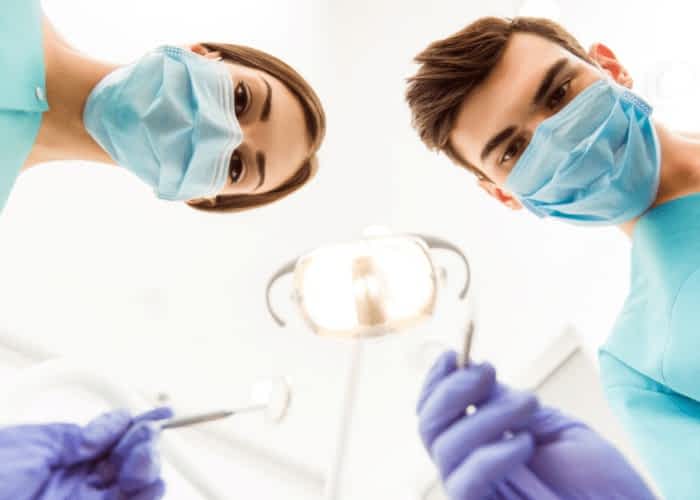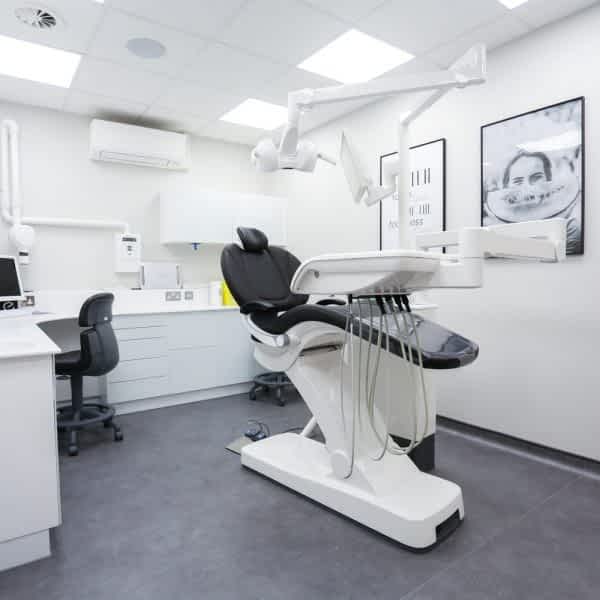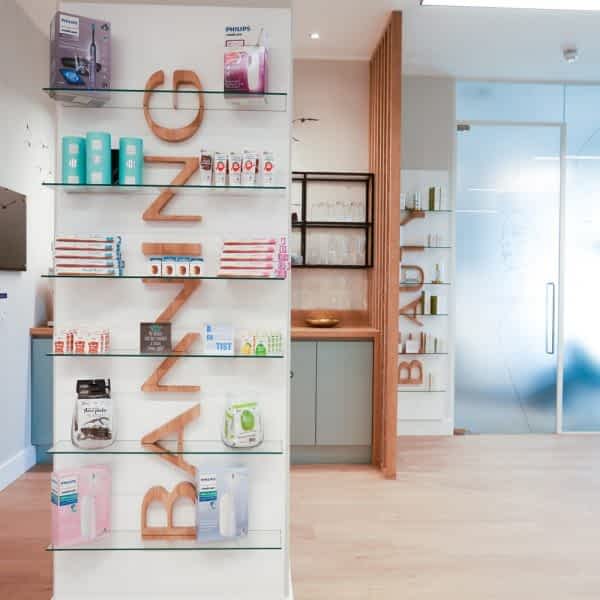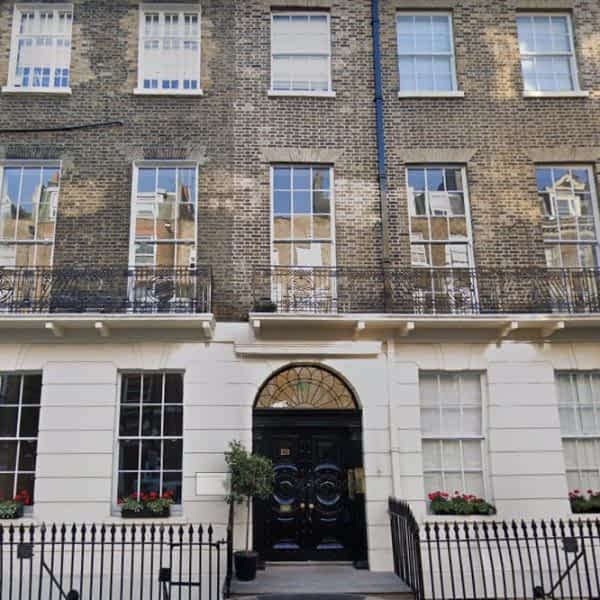
Is an NHS dental crisis on the cards for 2022?
NHS dental care has hit the headlines on a number of occasions this year, following reports of 3-year waiting lists, patients resorting to DIY dentistry and ongoing staff shortages in the industry. This week, the contentious issue of the NHS dental contract reform rears its head again. Industry experts, practitioners and patients alike are desperate to see a change in the system to improve lives for both those providing and receiving treatment.
The existing NHS dental services contract has been in place since 2006, but discussions about reform have been going on for almost as long as the contract has existed. There is a huge sense of disappointment felt by both dentists and patients. Crippling NHS targets and a complex credit system for dentists make NHS work highly unrewarding and thoroughly demotivating. Meanwhile, patients have struggled for years to even register with an NHS clinic, let alone make an appointment.
If the situation wasn’t already fraught enough, Brexit and COVID have served the latest powerful blow, threatening to topple the public dental health institution once and for all. It is no wonder, therefore, that the question once again has been raised, as to whether the NHS dental service can survive and if we are about to face an NHS dental crisis in 2022.
What has caused the current NHS dental crisis?
Accessibility to NHS dental services is not a new problem. The issue has been steadily deteriorating over the last 10 years. Long before 2020, the National Audit Office (NAO) reported that the remuneration system for dentists ‘was wholly activity-based and had failed to incentivise prevention.’ With dentists only being paid for Units of Dental Activity (UDA’s) rather than offering check-ups, oral health assessments and preventative treatments, dental problems were often left too long, resulting in a general decline in oral health.
Coupled with the fact that the UDA targets for dental practices are often entirely unachievable, moving away from the NHS and going fully private has never been more attractive to dentists.
This explains much of the reason why demand for public dental services has outstripped supply for years. As far back as 2002, the NAO highlighted that there was ‘an estimated shortage of around 1,000 dentists and some two million people who wanted to register with an NHS dentist, unable to do so.’
Since then, demand has risen and supply has fallen even further. Sadly, a number of other circumstances have only exacerbated the problem, making the demand for reform greater than ever to avoid a total NHS dental crisis.
Ageing population
The matter of the ageing population is putting pressure on the industry from both sides of the dental chair. With falling birth rates and increased life expectancy, the average age of the UK population continues to increase. As a result, there is greater demand for public dental services as the mature generation are more susceptible to tooth loss, dental caries, periodontitis, dry mouth and oral precancer/cancer.
On the flip side of the coin, almost a quarter (24%) of NHS dentists are intending to retire earlier than planned, according to the latest Dentistry Confidence Monitor survey. The British Dental Association goes further to state that ‘nearly half (47%) of dentists indicate they are now likely to change career or seek early retirement in the next 12 months.
One of the key drivers of this phenomenon is the stress that dentists face as a result of the existing contract conditions. UDA’s are forcing them to choose hitting targets over offering quality care, simply to get paid. This only encourages dental practices to top up their NHS income with private patients, reducing accessibility for NHS patients even further.
These issues are fuelling a dental supply shortage in an industry that is already struggling with a reduced workforce. This could be one of the key factors influencing an NHS dental crisis in the coming months.
Brexit
To add insult to injury, the fallout of Brexit specifically in relation to freedom of movement has resulted in greatly reduced numbers of European dental practitioners choosing to enter the UK to seek employment.
Despite there being hundreds if not thousands of NHS dental vacancies, positions remain unfilled and unattractive to EU professionals. Firstly, is the barrier to entry, now that working entitlements and VISA arrangements are far more complex for a European wishing to work in the UK. Even if this can be overcome, the rewards for entering the public side of the profession are significantly less than that of private dentistry.
This case is not unique to dentists. Dental nurses play a crucial role in the successful operation of dental clinics. With many leaving the profession due to exhaustion and frustration, accessibility to European workers would be a huge benefit to the public health service.
The loss of this critical talent pool, in a job market that needs experienced, fresh resources is just another factor prompting a dental crisis in 2022.
COVID-19
Alongside the various reasons for a reduced workforce and hiring difficulties, COVID has contributed by creating huge pent-up demand from patients that had to endure months without access to dental treatment.
DIY dentistry has made the headlines for all the wrong reasons. One doesn’t have to look far to discover real-life reports of people attempting to remove their own teeth with pliers, sticking on crowns with superglue and bursting abscesses due to lack of dental care over the last 18 months. The BDA mentions that ‘Boots the chemist has reported sales of at-home dental kits for lost fillings, caps, and crowns are up by 87% in the last three months of 2020, compared with the previous year.’
Sir Robert Francis QC, chair of Healthwatch England, has said the coronavirus pandemic had “exacerbated the human impact of years of structural issues in NHS dentistry and is now pushing it to crisis point”.
NHS clinics have been forced to operate at reduced capacity to control virus transmission and ensure patient safety, whilst the government have insisted on practices hitting 60% of their pre-COVID UDA’s or face cut-backs to their NHS funding.
This leaves many NHS practices under huge financial pressure and teetering on the edge of walking away from their NHS contracts, threatening accessibility for patients even further.
Solutions to avoid an NHS dental crisis
Reform of the NHS dental contract has never been more critical. The government indicates that changes will begin to roll out around April 2022, but is this too late to save a public service that is already on a cliff edge?
There are some interesting proposals that reform needs to encompass to help resolve and rebalance the disparity in supply and demand:
• Address the funding crisis to ensure that funding is appropriate and adequate for the level of demand expected by the current population.
• Attract newly qualified practitioners into the industry through apprenticeships, links with universities and advanced training programmes.
• Incentivise practices to commit to NHS dentistry by reviewing targets, penalties and credit units.
• Promote dentistry as an attractive career option for school leavers.
• Add dental health roles to the list of national shortages to ease accessibility into the industry for EU citizens.
• Remove banded dental activities and provide a clear list of dental treatment provisions that are accessible via the NHS.
• Explore how dental support staff can relieve the burden of routine assessments and treatments, leaving qualified dentists to focus on more complex, time-consuming cases.
In the meantime, the show must go on and no one should suffer with their dental health due to the current institutional challenges faced in NHS dentistry.
From our perspective as a private dental practice, we are all too familiar with the issues that UK patients have faced accessing public dental care. Our journey started in Sweden, our native country. We grew up in a society that believes in the greater good for every individual.
We have seen how challenged UK NHS dentistry has become over the years. In parallel, we know that private dental care can be expensive and totally out of reach for many patients.
When we established our UK dental practices, we were determined to provide quality treatments to all that need it, not just the privileged few. Our aim is to make every dental experience better by offering state-of-the-art, welcoming environments that are affordable and accessible to all.
Whilst this may come at a cost, we are keen to find solutions for our patients through finance plans, insurance and interest-free payments.
Speak to us to find out how we might be able to help you.








